
GIVE THIS RAMADAN
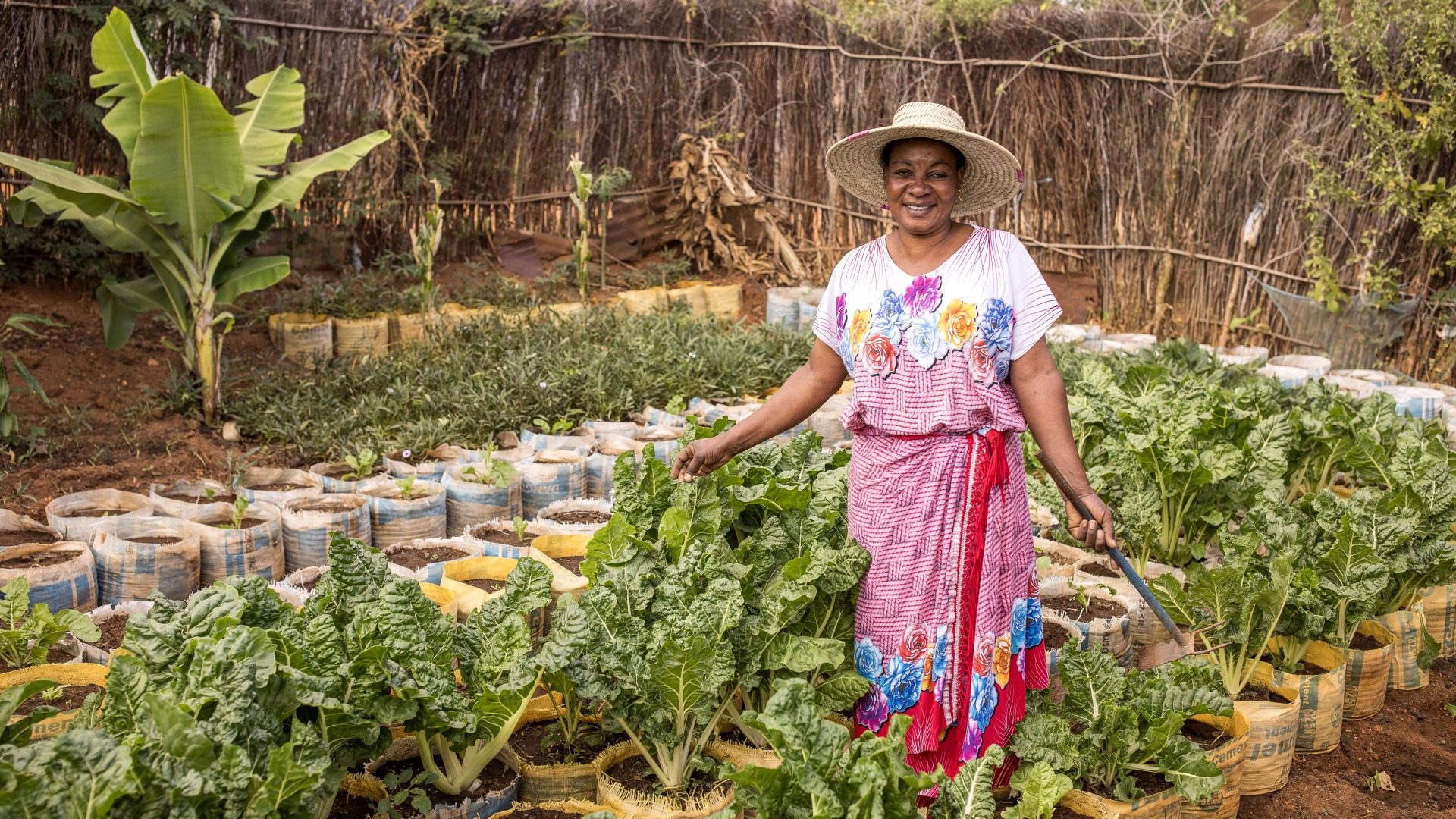
In many rural communities across Tanzania and Uganda, women and girls carry the responsibility of nourishing their families. They rise early to tend the fields, fetch water, and later return to prepare meals for their families. Yet, when the food is finally served, often, they’re the ones who eat least and last – leaving them and their children vulnerable to malnutrition.
The GENTU Project, funded by Global Affairs Canada and led by Action Against Hunger, is a five-year initiative (2023–2028) that takes a gender-transformative approach to improve nutrition for women, adolescent girls, and children. By addressing harmful social norms, empowering women and girls, and engaging men and community leaders, GENTU is helping families break the cycle of hunger for good.
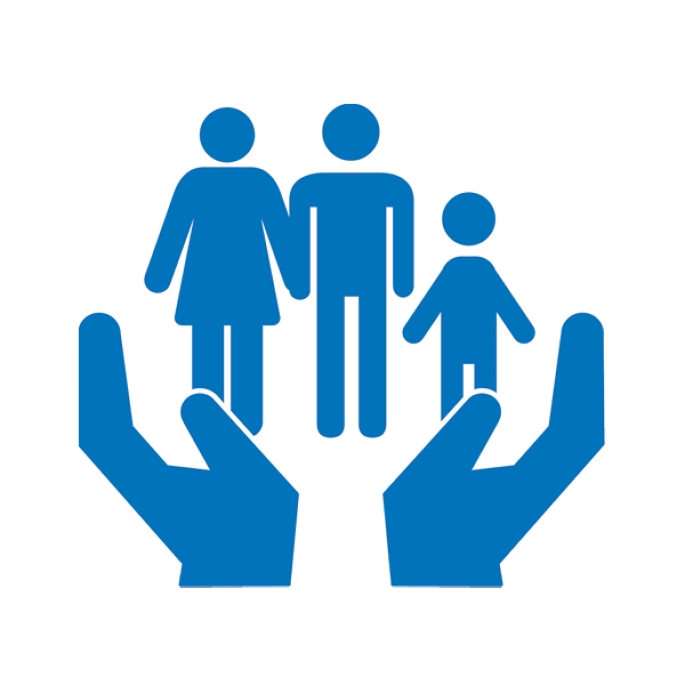
The GENTU Project will directly support 214,764 people (58% female), and indirectly support 92,105 people (37% female).
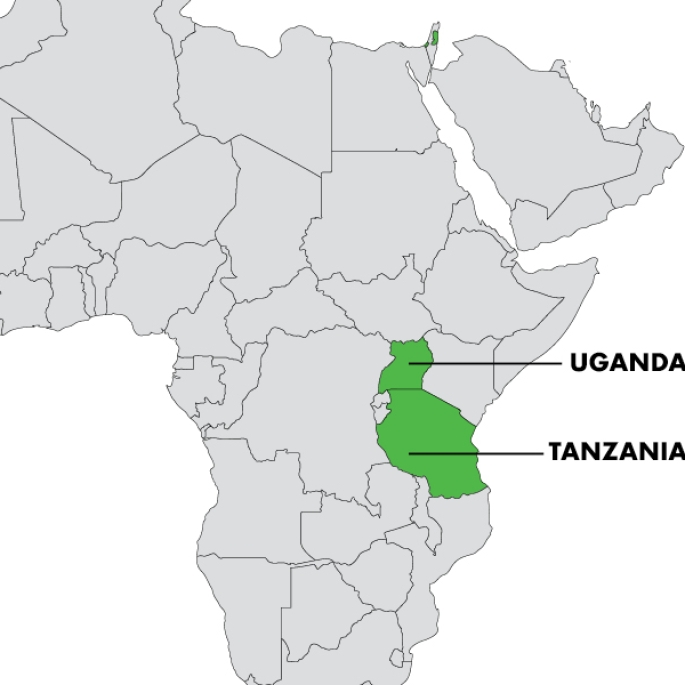
GENTU is active in:
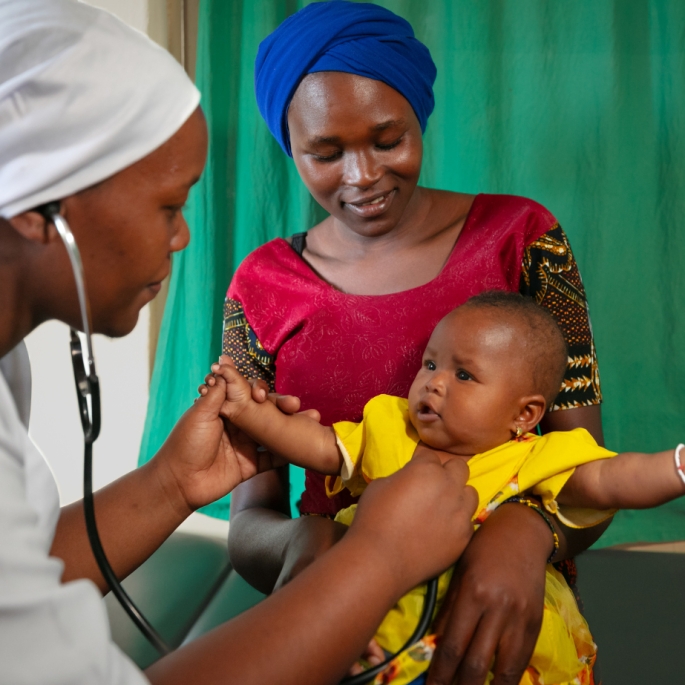
5 years: 2023-2028
Women and girls are at the heart of building lasting food security:
Yet limited access to nutritious food, health services, education, financial resources, and land ownership prevent women and girls from taking control of their nutrition, health, and futures.
These barriers are deeply rooted in harmful social norms that keep men in control of decisions, both at home and in the community. The result is a cycle of inequality that harms women’s health, undermines their children’s well-being, and threatens the food security of entire communities.
GENTU works to break this cycle, equipping women and girls with the knowledge, tools, and support to nourish their families and lead change in their communities.
A gender-transformative approach goes beyond changing individual behaviors. It works to shift social norms and systems that hold women and girls back, ensuring they have real choices in nutrition, health, education, and work.
GENTU applies this approach at every stage—addressing power imbalances, challenging harmful norms, and empowering women and adolescent girls. With support from men, community leaders, and government decision-makers, women gain the confidence and opportunity to create lasting change.
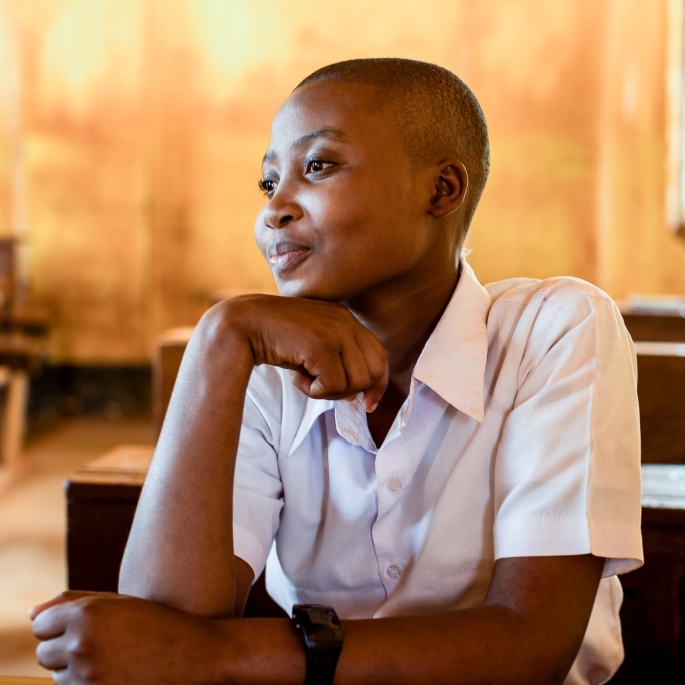
Globally, more than a billion adolescent girls and women suffer from undernutrition, micronutrient deficiencies and/or anemia.[1]
[1] UNICEF, “Undernourished and overlooked, A Global Nutrition Crisis in Adolescent Girls and Women (Executive Summary)”, March 2023, p.50
GENTU works closely with communities to improve nutrition and empower women and girls through:
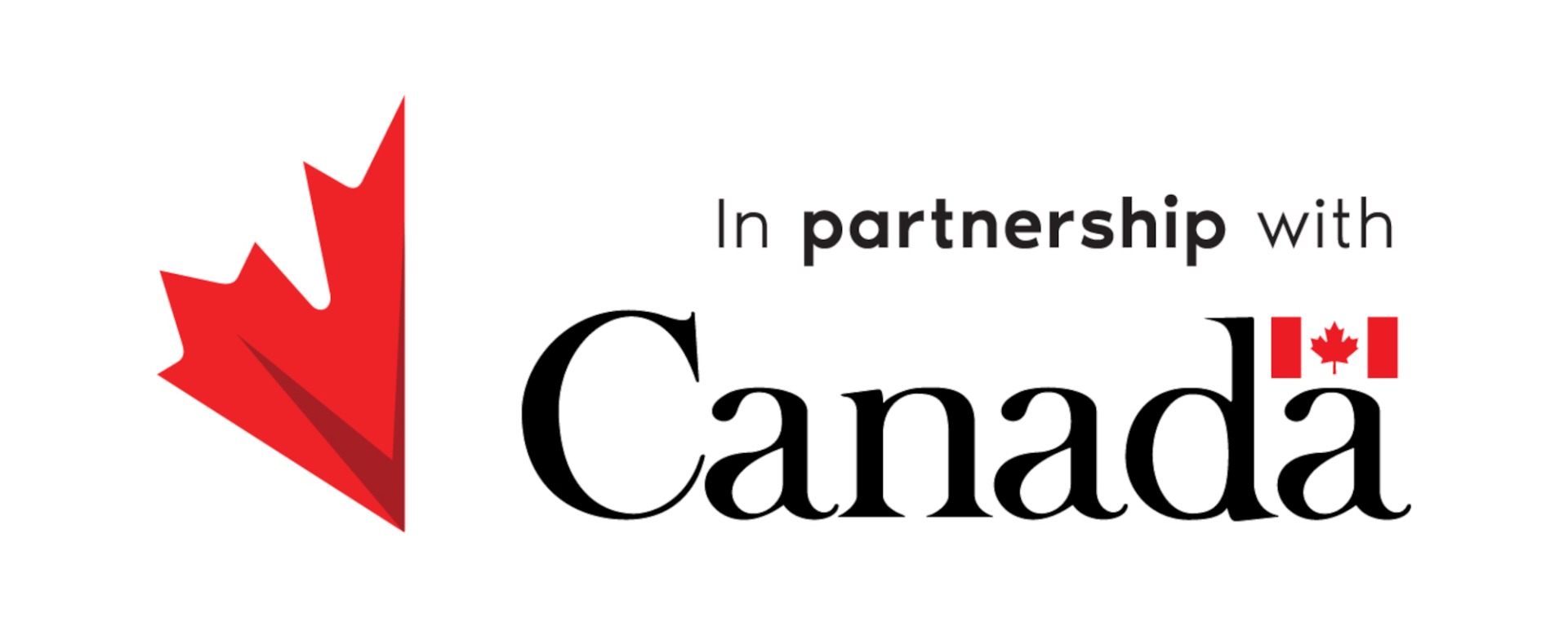 |
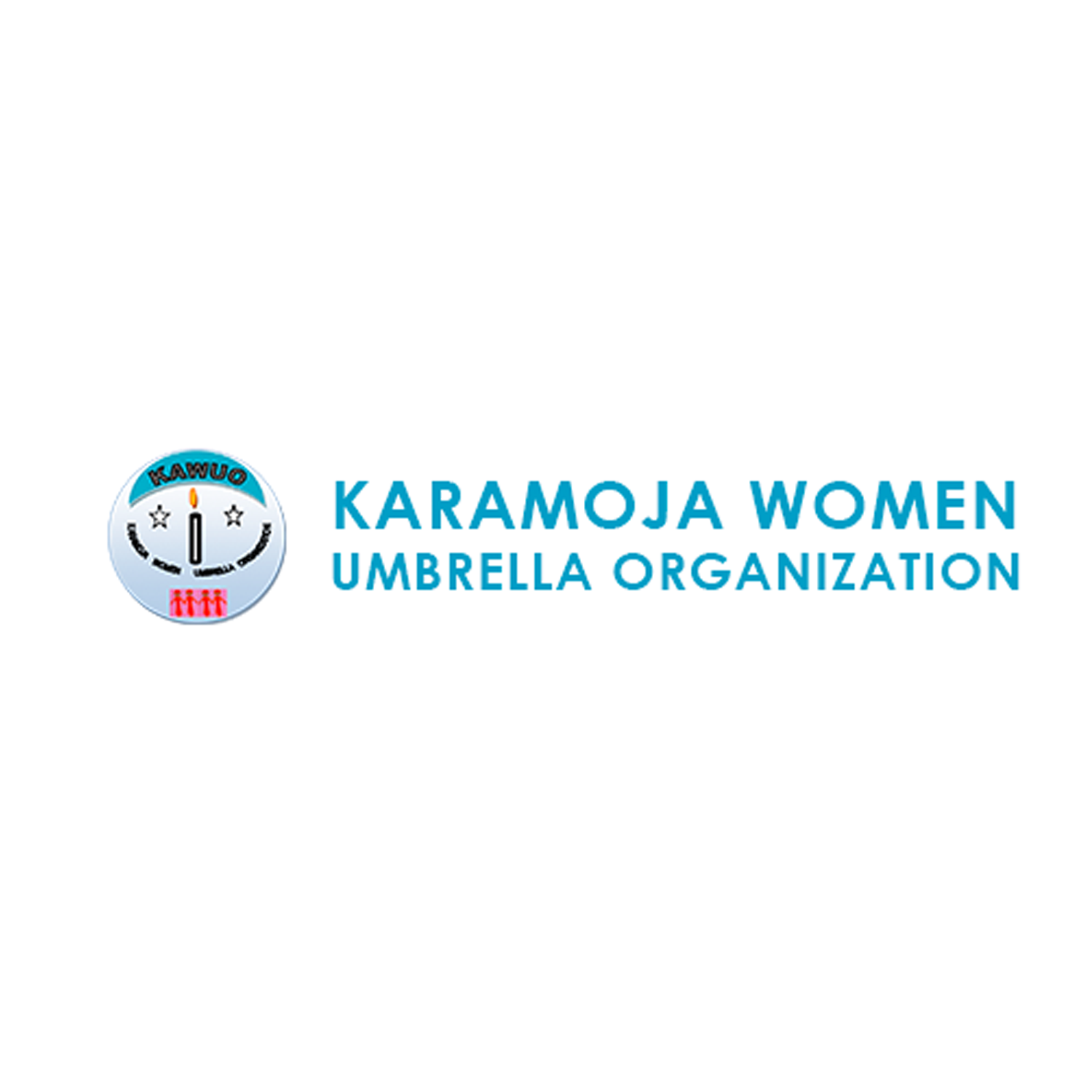 |
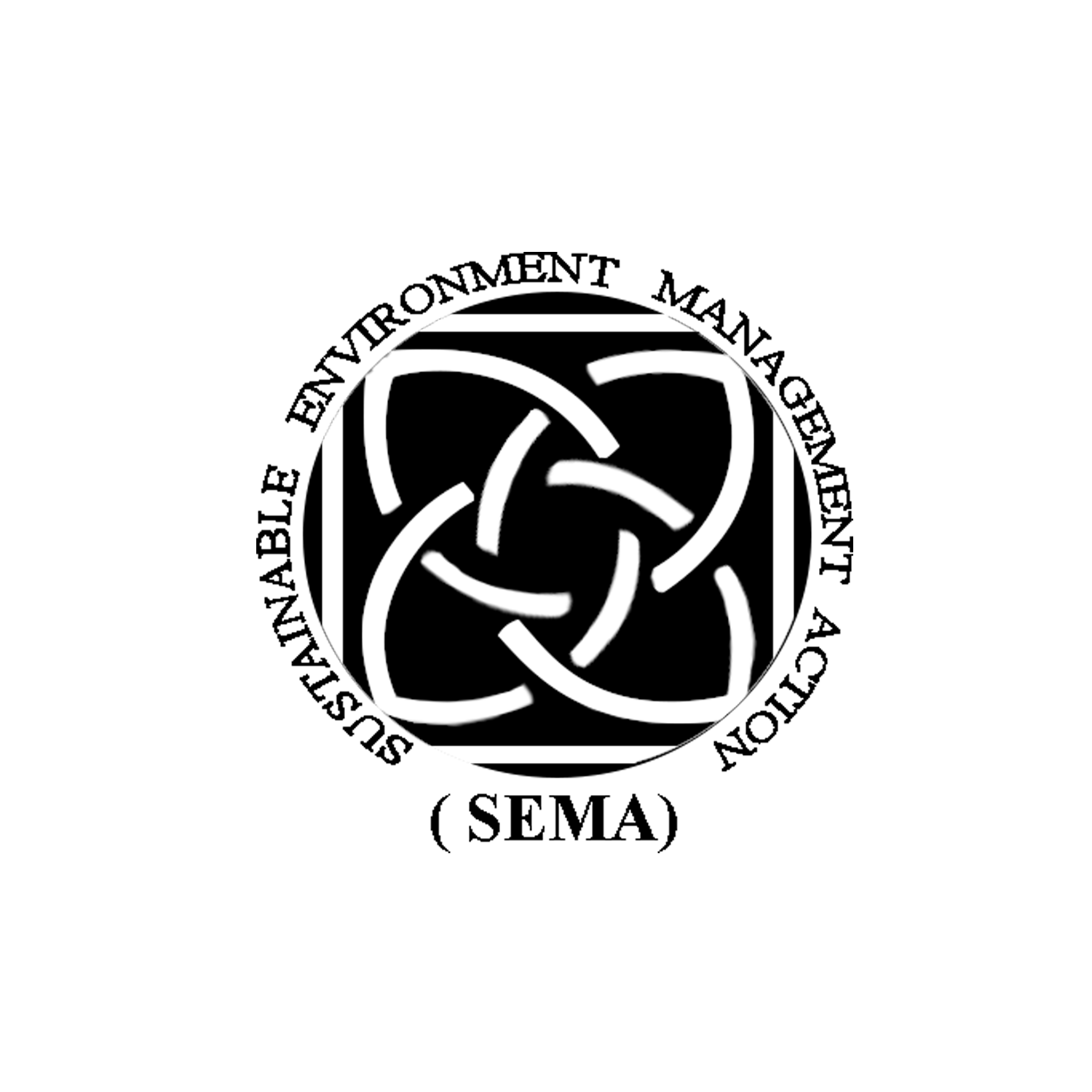 |
|---|
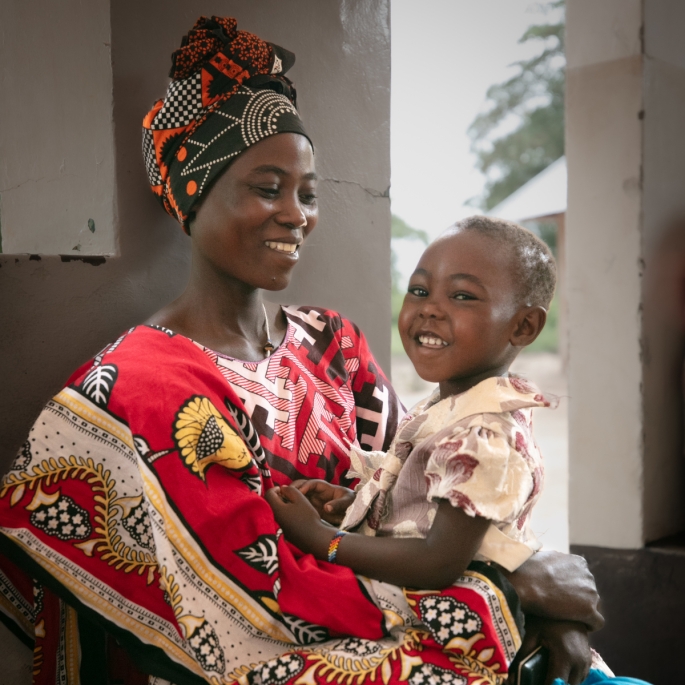
We’re proud to present Faces of Change, a virtual photo gallery spotlighting the transformative impact of the GENTU Project.
Faces of Change celebrates the power of joy, learning, and gender equality in shaping healthier, more resilient communities. Through powerful photographs, the gallery captures GENTU’s authentic moments of empowerment, agency, and human connection. From men learning new caregiving roles, to women leading nutrition initiatives, to children thriving in school—each image reflects how small, personal changes contribute to larger societal transformation